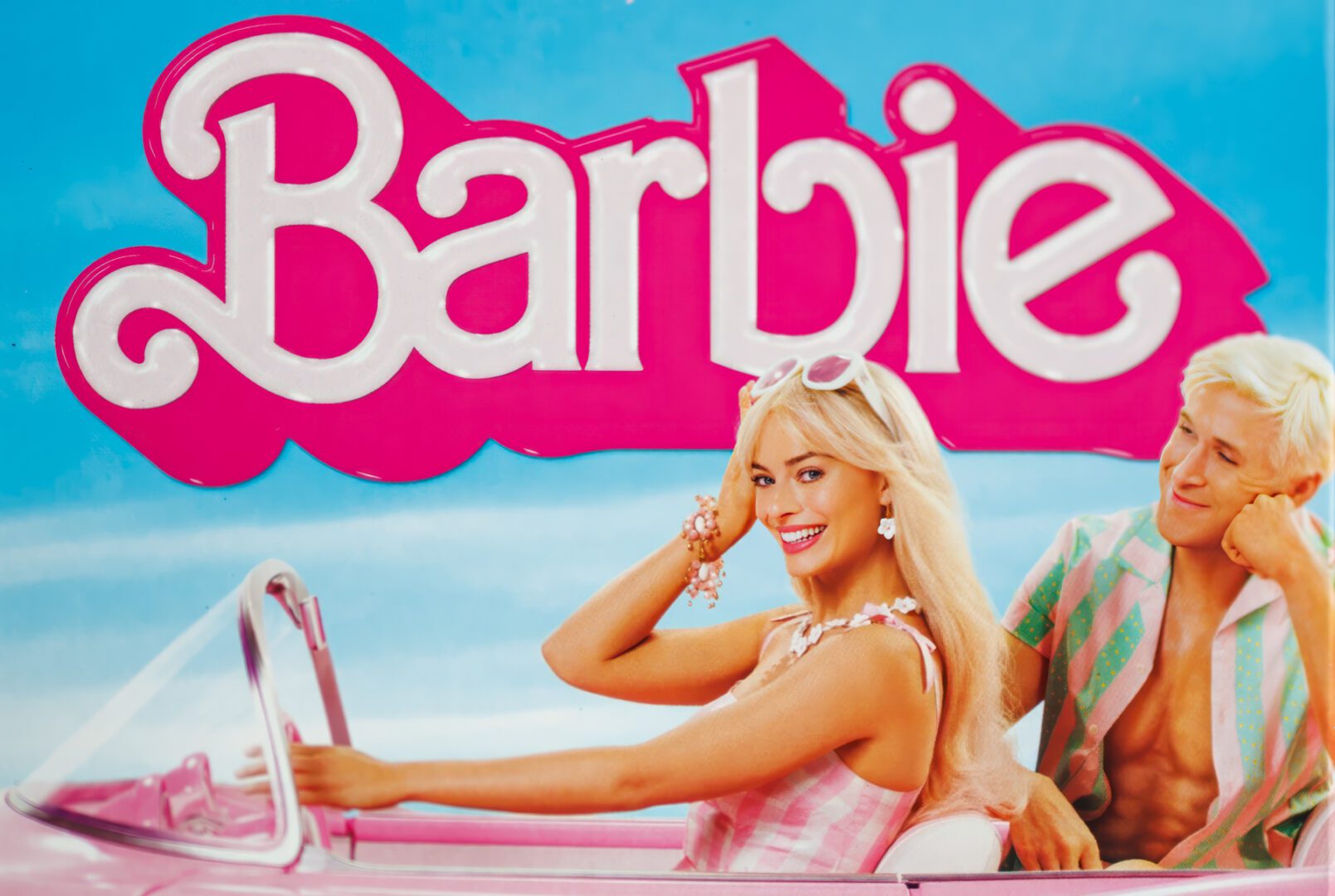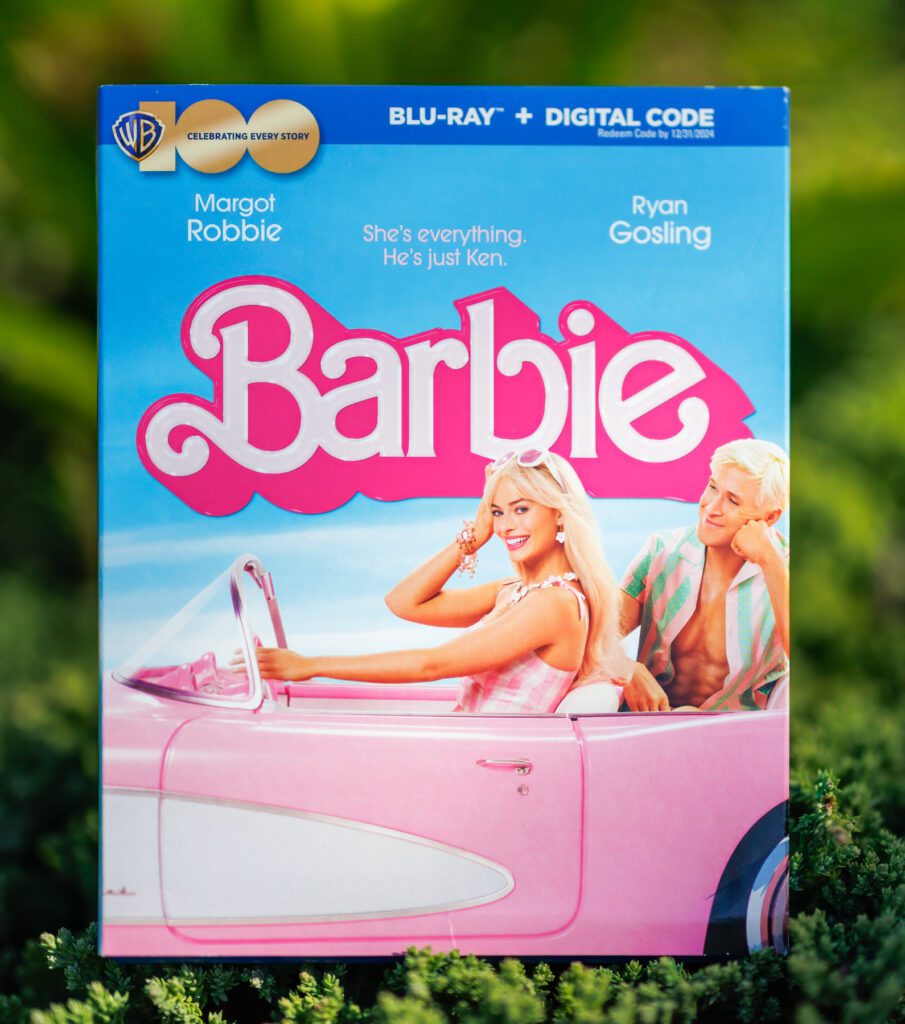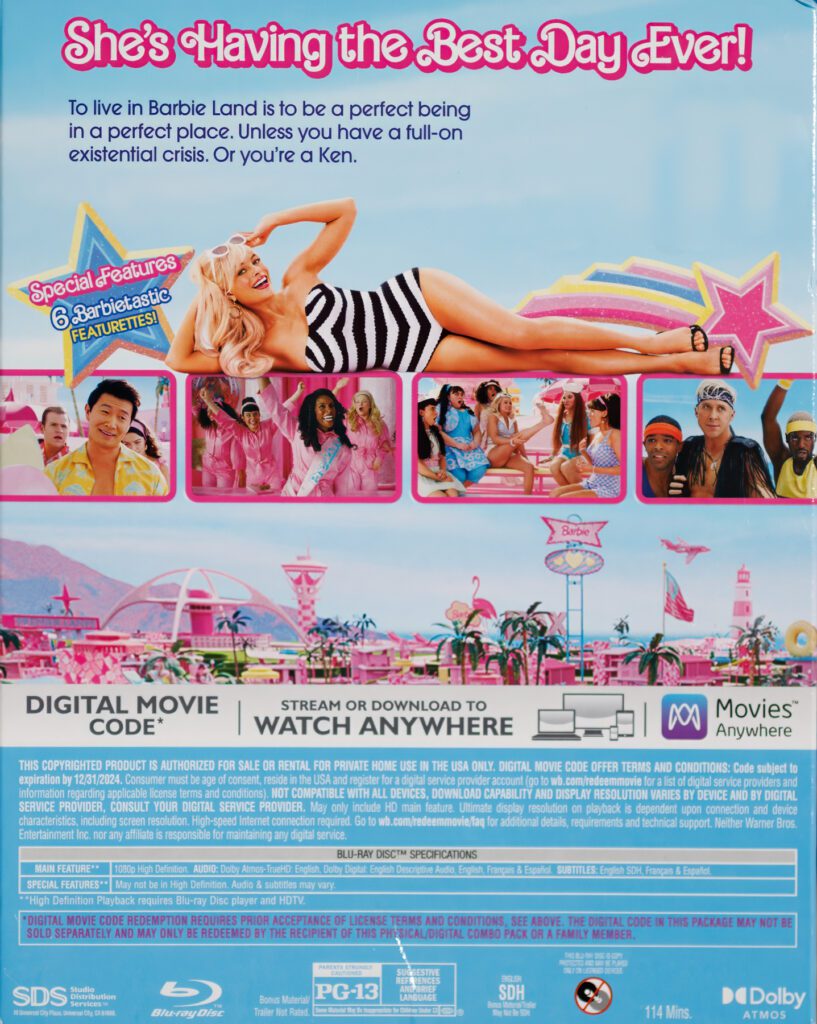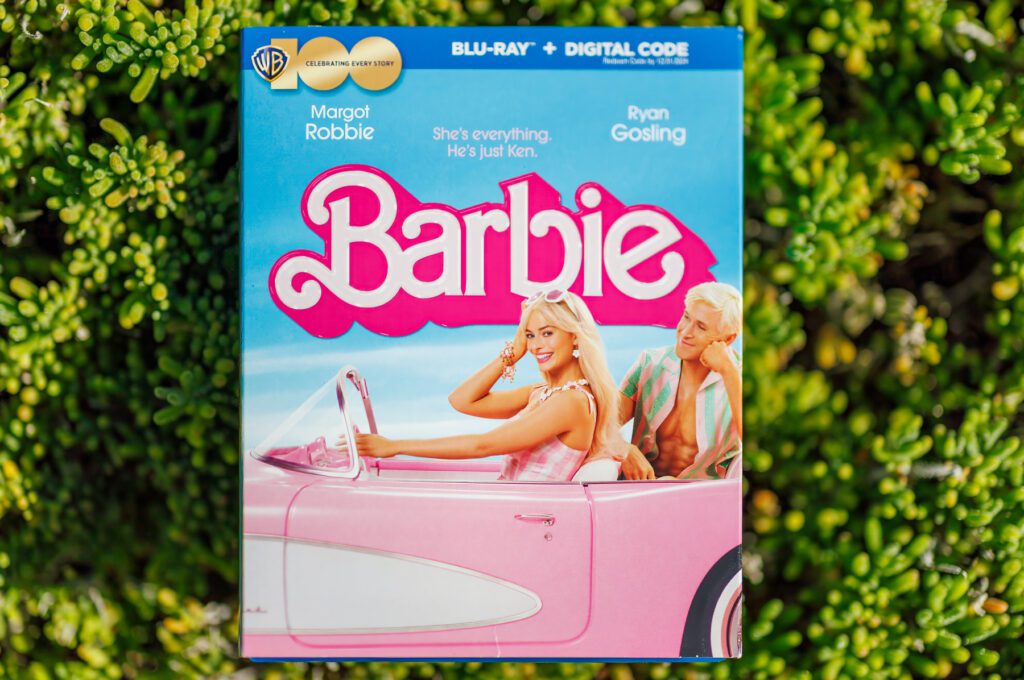
”Barbie” — A surprisingly relevant movie you should see
When the PG-13 “Barbie” movie was released, I was expecting it to be little more than a silly promotional piece, primarily purposed to generate Barbie doll sales for Mattel. That is why I initially gave it a hard pass, but “Barbie” keeps generating buzz. So, when Warner Bros. Discovery Home Entertainment offered to send me a Blu-ray Disc of “Barbie” to review, I took them up on their offer.

I soon realized that this was not going to be the movie that I expected, but rather an important movie that audiences from teens to seniors would enjoy and should see.
What caught my initial attention was “Barbie’s” opening scene, inspired by one from another great film: Stanley Kubrick’s 1968 film “2001: A Space Odyssey.” In “Barbie,” a small group of young girls were playing with baby dolls, china tea sets and other late 1800s vintage items, set in a remote, barren landscape. The color palette was warm, earth-tones. The girls’ attention was diverted by the dramatic, towering silhouette of a Barbie doll figure dressed in a black & white-striped, one-piece bathing suit like the one that the original Barbie wore in the 1950s. A sliver of bright sun shone directly above Barbie, much as the sun shone over the mysterious, black monolith slab in “2001: A Space Odyssey.” Simultaneously, the theme song from “2001” began to build.

The Barbie doll transformed into a human Barbie (beautifully portrayed by Margot Robbie). After Barbie winks at her, we see one particularly adorable little girl dramatically lift her doll, with both hands, high above her head and into the sky. Then, in slow motion, she forcefully smashed the doll’s head into the china tea set and then, over and over again, into the porcelain heads of the other girls’ dolls. It was a scene adapted from the iconic scene in “2001” where, in slow motion, an ape smashes bones while at the foot of a black monolith. It, too, is in silhouette with the sun peeking above it.

A major theme of “Barbie” is the empowerment of women — the absolute importance of which to not only women but also to men is brilliantly conveyed in this highly impassioned, emotional soliloquy by Gloria (actress America Ferrera):
“It is literally impossible to be a woman. You are so beautiful and so smart, and it kills me that you don’t think you’re good enough — like we always have to be extraordinary, but somehow we’re always doing it wrong. You have to be thin but not too thin, and you can never say you want to be thin. You have to say you want to be healthy, but also you have to be thin. You have to have money, but you can’t ask for money because that’s crass. You have to be a boss, but you can’t be mean. You have to lead but you can’t squash other people’s ideas. You’re supposed to love being a mother but don’t talk about your kids all the damn time. You have to be a career woman but also always be looking out for other people. You have to answer for men’s bad behavior, which is insane, but if you point that out you’re accused of complaining. You’re supposed to stay pretty for men but not so pretty that you tempt them too much or that you threaten other women, because you’re supposed to be a part of the sisterhood, but always stand out and always be grateful. But never forget that the system is rigged, so find a way to also acknowledge that, but always be grateful. You have to never get old, never be rude; you never show off, never be selfish, never fall down, never fail, never show fear, never get out of line. It’s too hard, it’s too contradictory, and nobody gives you a medal or says thank you, and it never turns out in fact that not only are you doing everything wrong but also everything is your fault. I’m just so tired of watching myself and every single other woman tie herself into knots so that people will like us.”

To see official Warner Brothers Barbie videos and more, visit: https://www.warnerbros.com/movies/barbie#videos.

To explore a wide variety of content dating back to 2002, with the most photos and the latest text, visit “AutoMatters & More” at https://automatters.net. Search by title or topic in the Search Bar in the middle of the Home Page, or click on the blue ‘years’ boxes and browse.
